The new entrepreneurial path of the University of the West Indies: Interview with Professor Stephan Gift
The creation of an entrepreneurial ecosystem in the UWI is the mandate of Professor Stephan Gift and this officially became his mission on August 1st 2018. This is part and parcel of his duties as Pro-Vice-Chancellor for Graduate Studies and Research. Professor Gift speaks with such passion, such conviction, about championing innovation and industry at the University that it is apparent that this is a deeply held personal commitment to ideals for him as well.
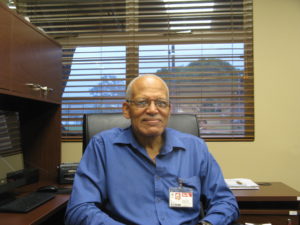
In a meeting with Winnow Consultants and Associates at his office on the St. Augustine campus of the UWI on Friday 28th June 2019, he explained this new shift. He said that traditionally universities focus on teaching, learning and research. A student comes to class and is taught, graduates are produced and research is conducted. Within the last 50 years, however, universities globally have added innovation and entrepreneurship to that roster.
By definition, one aspect of entrepreneurship is when people take a commercial idea and turn it into a successful business, he says; universities have the resources to do that as well. Professor Gift listed these resources for me: information, knowledge, libraries, labs, intelligentsia – for him they are all that it takes to achieve commercial success.
The idea is that beyond the primary goal of extending knowledge, the UWI will engage in more impactful research. This was done in pockets of activity before, he says, but students were never encouraged to start businesses as it is being done today under this new initiative. He says that whereas before, you got a degree and looked for a job, the present focus is to imbue students with confidence and knowledge to start a business and create jobs. As such, the structure of the courses must be changed as well.
The second hoped for outcome, according to Professor Gift, is to create intellectual property from within the UWI. For example, there is a license agreement at UWI with Lake Asphalt for work the University conducted there. Moreover, he noted that there is an Intellectual Property Policy that offers some provisions that can allow the inventor of an idea to partner with the UWI. This partner, the entrepreneur/innovator, can potentially earn half of the net profits out of the development and commercialization of that idea.
Winnow has been able to read that policy as at July 2019 and we note that there are indeed provisions along these lines (among others). The process is that one engages with the St. Augustine Centre for Innovation and Entrepreneurship (StACIE) which runs under the direction of Professor John Agard. After reading the guidelines and filling out the confidential application forms, your idea is assessed by experts for possible further development.
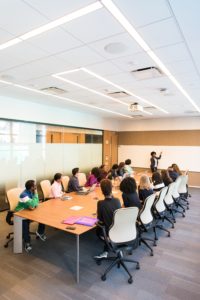
Another aspect of the ecosystem was the creation of faculty entrepreneur committees, by Pro Vice-Chancellor Gift and team, that operate within discrete faculties. They have started reporting on their progress thus far.
Professor Gift has also done presentations to help get the word out and begin to change the culture. These ranged from a half-hour presentation to the short speech he gave just for a few minutes at the Post Graduate scholarship recipients’ breakfast in January 2019. His goal is to really highlight the benefits of coming on board with this new initiative, or as he says, “to make it worth people’s while.”
Professor Gift says, “It did not start with me but my mandate is to make more of it happen and make it happen more quickly.”
He explains that people are likely to join forces with the initiative due to evolving mindsets and familiarity with technology like cell phones, self-driving cars and cloud technology. “Winning over people to engage should not be all that difficult because this is exciting,” he says.
For Pro-Vice-Chancellor Gift, when UWI’s thousands of graduates go out they have an impact on the society. He says that if the UWI did nothing else it would have impacted the region just by them doing their jobs. However, now if they are entrepreneur-minded then that will spill over. On top of this, he says, there will also be direct interventions like seminars, workshops and public lectures.
An additional measure to advance the initiative is that Professor Gift has visited the Minister in the Ministry of Trade and Industry to see how to partner and share resources for the benefit of the communities here in Trinidad and Tobago. The idea is to start within UWI and then build out the UWI ecosystem.
He says also that the University team has had a number of consultations with industry. The Pro-Vice-Chancellor, Professor Gift, helped to initiate these events across the Cave Hill, Mona and St. Augustine campuses. The private sector was engaged and thus industry was a part of the relevant discussions.
Regarding UWI’s fostering of this innovation and entrepreneurship ecosystem, Professor Gift says, “While we aligned with industry in the past for projects, we engaged them for this ecosystem now because we wanted to bring it all together – a key stakeholder must be the private sector – and so we got their views.”
Globally, he says, UWI has reached out and continues to reach out to universities that have done it before. Thus far they

have received input from scholars like Professor Thomas Mackie out of the University of Wisconsin Madison who holds a title of Chief Innovation Officer for one of their Units. Additionally, Professor David Wheeler of the Academy of Sustainable Innovation in Canada did a presentation to add his expertise to craft a way forward.
Internal changes to the teaching and learning methods include figuring out how to structure final year projects so they can be commercialised. Integrating entrepreneurship and case studies of entrepreneurship into each year of undergraduate programmes is another component of the plan to transform the curriculum. In addition, there is the option for an internship course whereby students go out and work in the industry and get real-world experience. Simple questions like asking students how they can improve on standard products or devices would be integrated into the every-day classroom experience.
Indicators that the ecosystem is producing successes would be that a number of spinoff companies would be created from UWI graduates. One could measure this, alternatively, as the number of graduates that go on to form their own companies.

The general tone of the campus would be another indicator regarding the level of activity along these lines, the discussions and the lab activity. This latter is less tangible and less measurable, says Professor Gift, but it is still an indicator.
Tentatively in the works is that next year each campus could have a dedicated space on the campus that is devoted to fostering entrepreneurship and innovation, where students can gather and have discussions on these matters.
“People want to join a bandwagon of success. When the train is leaving the station we want people to be onboard” says Professor Gift.
As Pro-Vice-Chancellor (Graduate Studies and Research), Professor Gift does not supplant the campus principals in these efforts but has to help them implement this new initiative. He has oversight over these efforts on all campuses, what he calls “the whole spread,” in conjunction with individual campus officials.
Professor Gift is calling on businesses to be receptive and get involved when the UWI calls. He notes that UWI relies on government subventions and wants the public to see how their tax dollars are being spent. As such they are making the necessary linkages to bring individuals and organizations into the fold of this new venture.
In the end, the larger goal to keep in sight is the overall economic development of the region. Professor Gift says those economies that do well, at the basis of that is innovation. We have a responsibility to help propel the region, he says. There will be more jobs, more opportunities, more revenue – there will be better economic growth.
– Article by Dara Wilkinson Bobb, July 2019.
Two original photos at UWI were used in addition to two stock photos for this article.
Articles by Winnow Consultants and Associates are for informational and educational purposes on ideas we think our readers may find useful. Please contact us if you wish to have a recommendation or consultation suited to your particular context.
For a related video on the creation of an innovation ecosystem, please click below:

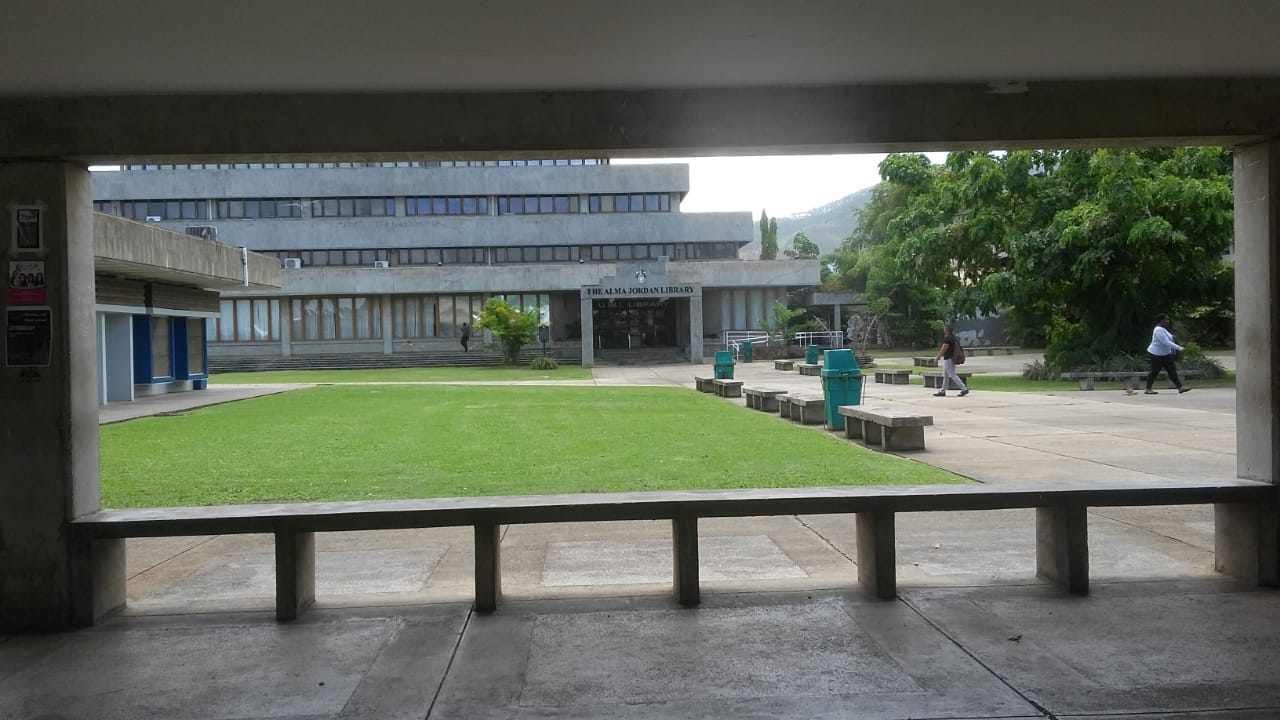


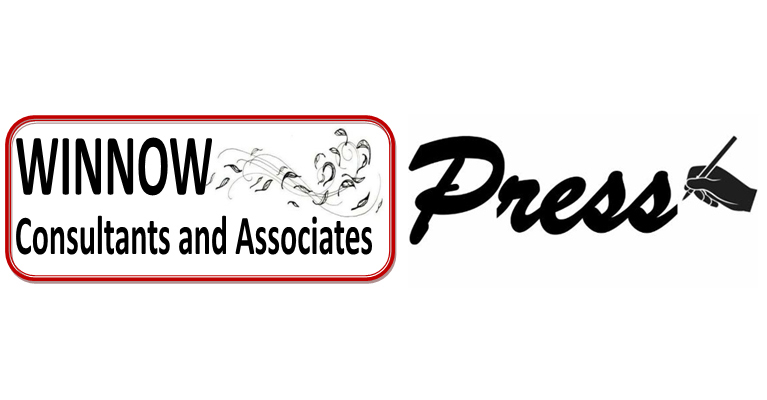

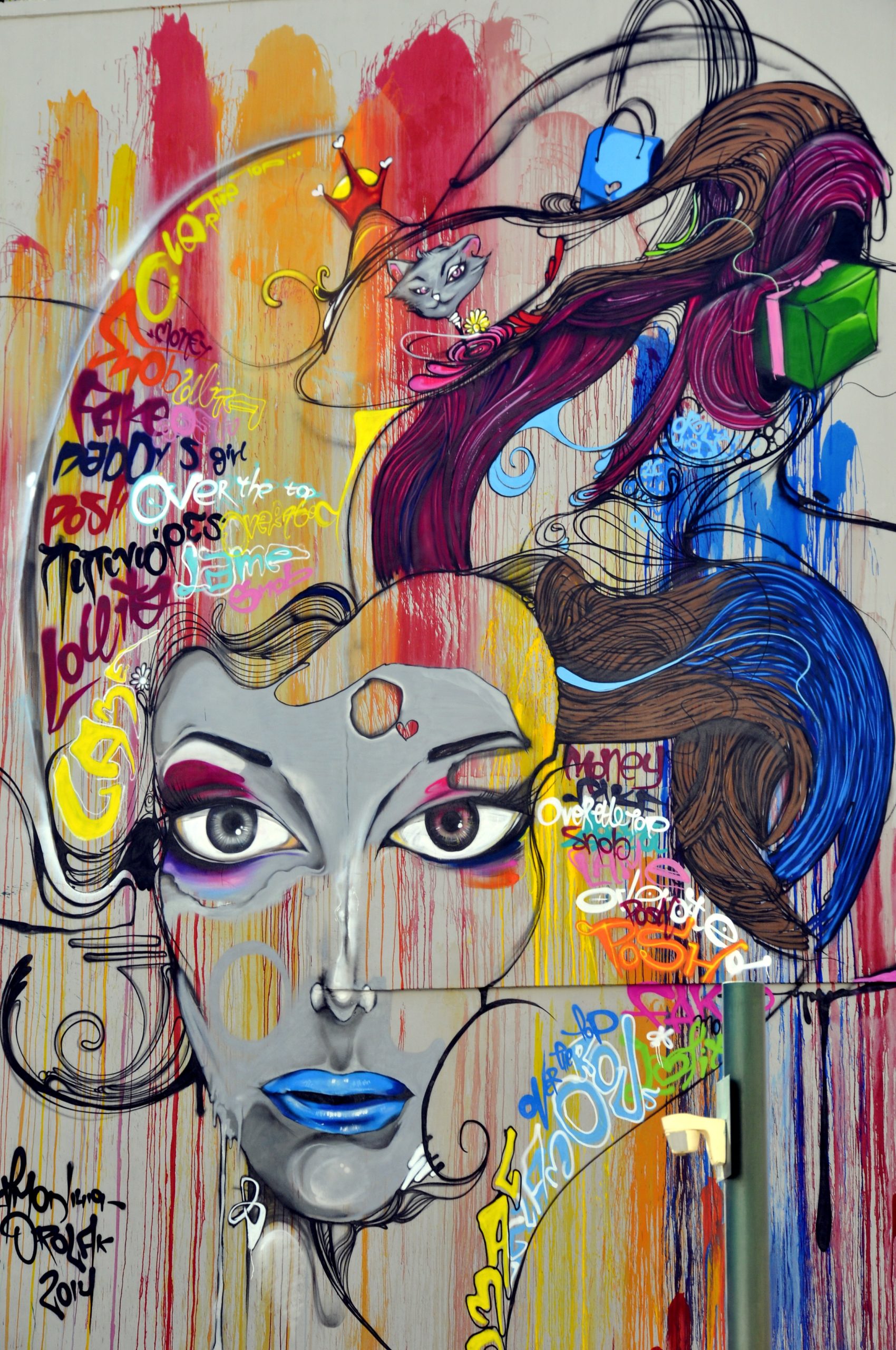
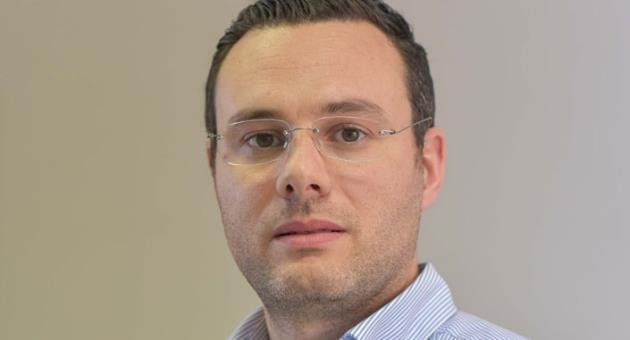
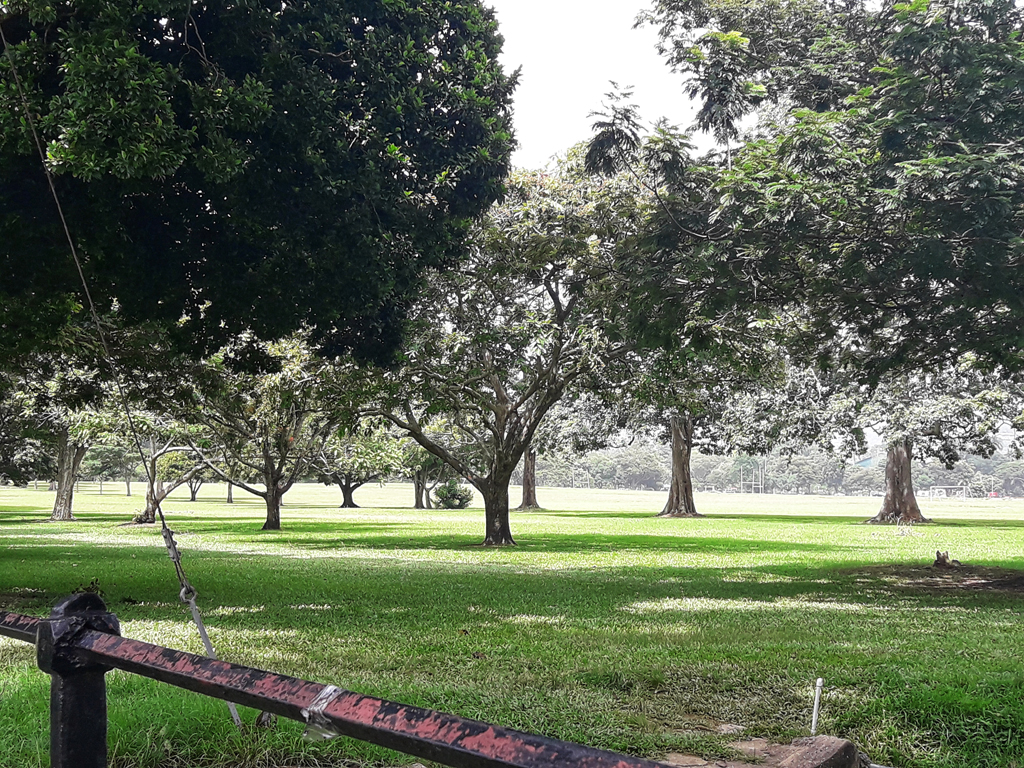

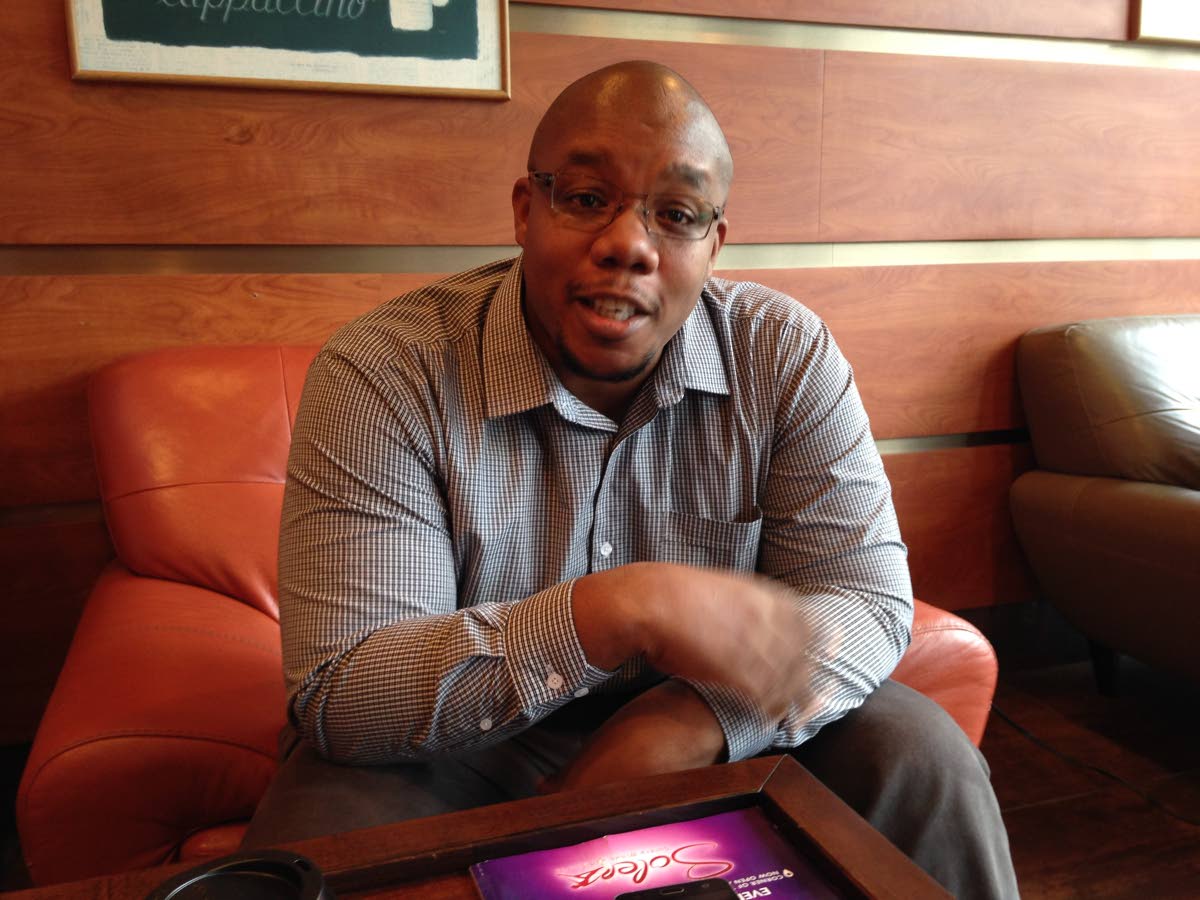
Leave a Reply